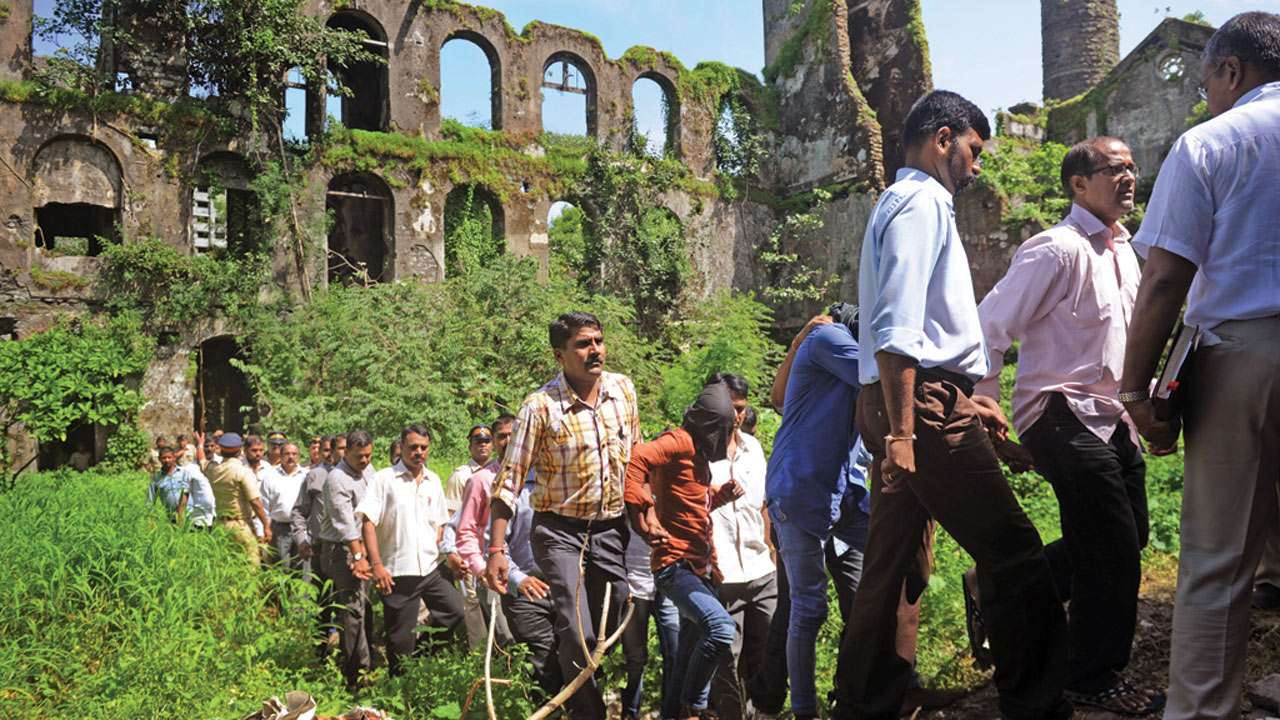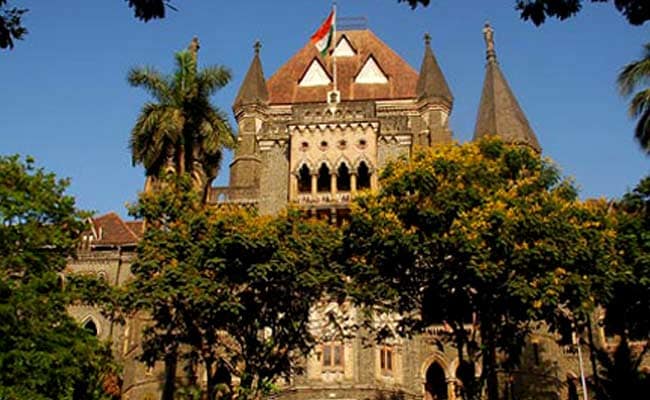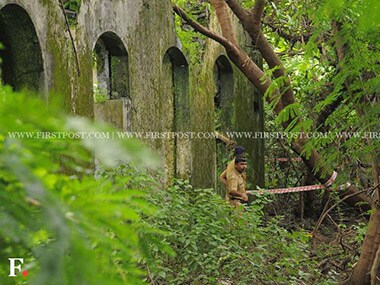04 MARCH 2019 Last Updated at 9:11 PM | SOURCE: PTI
Mumbai, Mar 4 The Indian Penal Code section that prescribes death penalty for repeat rape offenders was rightly introduced by the legislature to impose a deterrent against such crimes, the amicus curiae in the Shakti Mills gangrape case told the Bombay High Court on Monday. However, the application of this Section 376 (E) in the present case could be questionable, the amicus told a bench of justices B P Dharamadhikari and Revati Mohite-Dere which was hearing a challenge to the constitutional validity of the provision through writ petitions filed by the three death row convicts in the Shakti Mills case.
Section 376 (E) of the IPC that provides for the death penalty for repeat rape offenders was introduced by the Centre through an amendment in existing laws in 2013 following the December 2012 gangrape case in New Delhi. Advocate Abad Ponda, appointed by the court as the amicus curiae to assist it in the case in 2014, told the HC that the section was in consonance with all legal and constitutional principles. However, the section's application in the present case could be questionable, Ponda said. Earlier, during the hearing, the bench had asked the Union government what was the purpose of introducing section 376 (E) of the IPC since another sub-section, sub-section A of section 376, already prescribed the maximum punishment of death for offences of rape.
However, both the Union government and the amicus curiae defended the new section. They told the HC while sub-section A dealt with a grave case in which the victim died, or was reduced to a vegetative state, section 376 (E) provided that a person previously convicted under any sub-section of section 376 was liable to be sentenced to the maximum punishment of death for the subsequent offence of rape, if the court deemed fit. However, while the Centre has maintained that such repeat offence can occur anytime after the first offence, Ponda told the court the accused person could be termed a repeat offender only if the second offence was committed after he was convicted for rape for the first time.
The amended law has been challenged by Vijay Jadhav, Mohammad Kasim Bengali and Mohammad Salim Ansari, who were sentenced to death by a sessions court in April 2014 for raping a photojournalist in Shakti Mills compound here on August 22, 2013. The sessions court had awarded them the death penalty as they were also convicted for having raped a telephone operator in July 2013. The trials in both cases were held simultaneously and the conviction was handed out the same day. However, the sentences were awarded to the convicts within a period of two weeks from each other. The sessions court first pronounced the punishment in the telephone operator case, sentencing the convicts to life imprisonment.
It subsequently allowed a prosecution plea to charge the convicts under Section 376E and awarded the death penalty to three out of the five convicts in the Shakti Mills case. The three, however, challenged the death sentence and the constitutional validity of Section 376 (E). Their counsel in the HC, advocate Yug Chaudhry, has argued that the first conviction ought to be secured before the second offence was committed for Section 376E to be applicable in a rape case. AYA RSY RT
Source: https://www.outlookindia.com/newsscroll/ipc-section-on-death-penalty-for-rape-legally-right-hc-told/1489937 (accessed on 29 May 2019)



